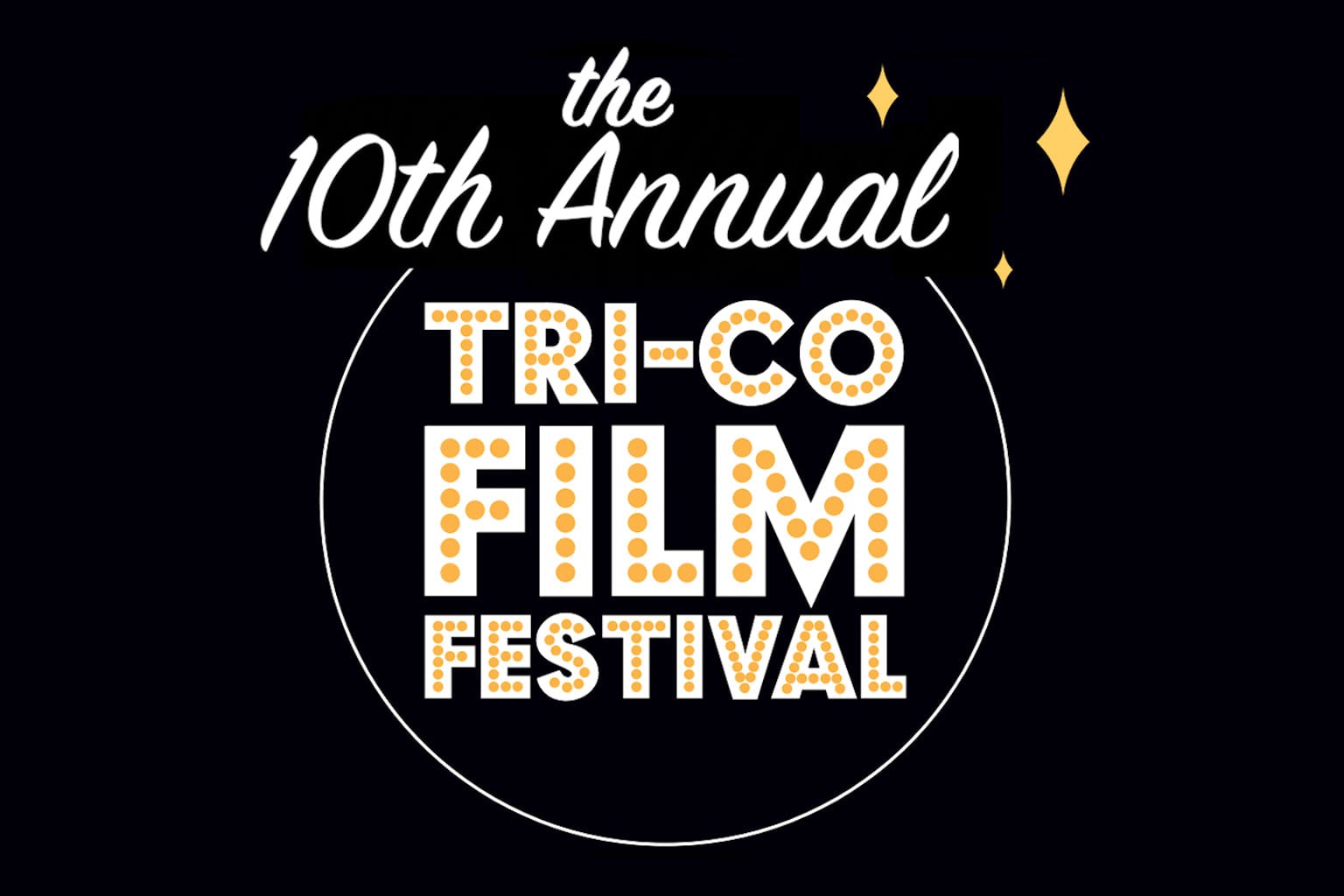Screening on Bryn Mawr Film Institute website: May 13-27, 2021
Awards Ceremony and Q&A: May 20, 2021
Program 1: Diwa/Espíritu/Spirit (31 min)
boobs for mom – Lexie Iglesia – 6:14
boobs for mom is an experimental autobiographical documentary short that navigates parental loss during early childhood, the functions of boobs as they relate to flat chests, puberty, and cancer, and envisioning the revival of one lost.
Finds You Well – Grace Dumdaw – 9:17
Mai is a senior who is a few weeks removed from graduating after a tumultuous college experience. When she has to say goodbye to her therapist who has gotten her through the harder parts of the past four years, she has trouble letting go. After a nice talk with her friend Shaurya, Mai experiences clarity.
Moving Freely – Abby Harris – 5:45
This is a film that tells the story of how I am becoming okay with my body and how it looks after being a competitive gymnast for 13 years.
HARISNYA, OR THE SUBLIME – Chili Shi – 10:01
A film on girlhood, Buddha, and borderline personality disorder.
Program 2: Buka/Ruptura/Fracture (28 min)
Imaginary – Jake Rothman – 3:50
A boy is forced to part ways with his imaginary friend.
Windglobe – Nadia (Hyo Hyun) Kim – 3:19
A foreign city. A city built from its alleys, buildings, pedestrians, the sky that swims over it. How do I become a part of the motion of the city? The waves of the buildings, the noises that fill the air, the way the people walk? The city that I arrive to is one I’ve known from beyond the glass walls. Then, I realize that the walls have been broken.
Muthoni – Shiko Njoroje – 5:46
A time traveller young woman from the 21st century finds herself in the middle of the forest during the Mau Mau guerilla warfare in 1950s Kenya. The Mau Mau or the Kenya Land and Freedom Army are up against the British colonial regime, determined at all cost to gain their independence. Through this fictional reenactment, we learn the hardships and accomplishments of one historical rebel woman who rose to second in command in military rank amongst the guerrilla troops and who represents the thousands of women who were the life-line of this liberation movement. Introducing Muthoni wa Kirima.
(K)N95 – Alice Hu – 7:07
A mask. A mother. Sewing and silencing. A film about the harrowing intersec- tion of Asian-ness, American-ness, and whiteness.
MALEx – Bria Dinkins – 8:14
A group of friends try a newly-released, experimental hallucinogenic drug that allows people to repel the male gaze and experience life on earth as they would have without that gaze for the duration of the drug’s effect.
Program 3: Katawan/Cuerpo/Body (30 min)
Womanhouse 403: The Table is Turning – Sarah Berns-Zieve – 8:17 Inspired by “Womanhouse”, this film portrays apartment 403’s unique expres- sion of female sensibility.
Slow Boat to China – Jixin Jia – 13:43
Slow Boat to China is a movie that explores the slow and poetic sensibility of Chinese diaspora through four dream sequences.
in/appropriate – Erica Kaunang & Zarahy Rivas – 7:00
in/appropriate is a short film where two friends get up close and personal, talking freely about how much their relationships with their bodies have changed. From ranting about the growing pains of middle school to how they present themselves as young women of color, this is an intimate, funny portrait of introspection and connection via bodily experiences.
New Media Showcase
Incomplete Cube – A Betrayal – Macintyre Sunde – Video Game Incomplete Cube – A Betrayal is a game which puts the viewer on a completely different scale with Sol Lewitt’s Incomplete Cube.
A Poetic Exploration of the Quotidian Moments: The Reconstruction of Perception on the Black Experience in “Hale County This Morning, This Evening” – Rubing Zhang – Video Essay
This video essay examines the way “Hale County This Morning, This Evening” (RaMell Ross, 2018, USA) contends the stereotypical portrait of the black community in the mainstream media by poetically exploring the seemingly quotidian moments of residents in Hale County, Alabama.
Why is Mickey in Blackface – Jude Robinson – Video Essay
A video essay covering the importance of representation in new media, specifically animation.
Let’s make an anti suicide pact – Brooks Richon – Video Essay
Messages written by “teenagers in love.” Queerness, joy, death, and suicide. A video essay incorporating footage by the director and moments (in order of appearance) from Totally Fucked Up (Araki 1993), Pain and Glory (Almodóvar 2019), The Living End (Araki 1992), Call Me by Your Name (Guadagnino 2017), Looking for Langston (Julien 1989), Sea in the Blood (Fung 2000), Portrait of a Lady on Fire (Sciamma 2019), A Single Man (Ford 2009), and music from “Katy Song” (Red House Painters 1993), “Good Guy” (Frank Ocean 2016), “Running Around” (Buddy Ross 2016), “The Big Ship” (Brian Eno 1975).
This work is the culmination of six years of thinking. It shows one side of a story that I’ve always wanted to tell. I found the means to do so through these films and works of others. The text on screen was sent to me. Each word is intensely personal and has required the distance of time to be able to share. This film does not explicitly note any queer theory, yet its creation was steeped in thoughts of queer temporality, of eroticism and death, of closets and love and memory. I knew going in that nothing I did would ever be comprehensive or would perfectly capture my experience. Yet, I hope it speaks to someone who has shared moments like these, and perhaps others as well.
Sofia Lynn: An Orgasmic Quest to Subvert Heterosexual Norms – Thomas Trullinger – Video Essay
“Sofia Lynn: An Orgasmic Quest to Subvert Heterosexual Norms” explores Sofia Lynn, the pre-orgasmic protagonist of “Shortbus” (dir. John Cameron Mitchell, 2006), through the lens of identity, desire, and power as depicted in “Kate Bornstein is a Queer and Pleasant Danger” (dir. Sam Feder, 2014). Through identity, desire, and power, Sofia represents female isolation and a lack of intimacy, and critiques straight society’s emphasis on the almighty orgasm as a vessel for procreation. In the end, Sofia’s rejection of thoughtless male control allows her to finally seek pleasure on her own terms.
Swimmers of the Sapphic Sea – Leo Tone Costa – Video Essay
My audiovisual essay centers the woodblock print by Hokusai called Tako to Ama (1814), commonly known as The Dream of the Fisherman’s Wife, which depicts a Japanese female shell diver (ama) having a threesome with 2 octopi. I used this piece and Park Chan-wook’s The Handmaiden (Ah-ga-ssi, 2016) to juxtapose sexualized and non-sexualized depictions of the lesbian continuum, the octopus, and the relationship between women and water. In doing so, I hoped to illuminate ways that these themes are intertextual, international, and how they appear as both products of the male gaze and as female empowerment (not that that is a strict binary). Additional imagery I used was other art cinema films with lesbian or homosocial subjects (by both male and female directors), black and white footage of the ama and of octopi, and other works of ukiyo-e Japanese erotic art.

